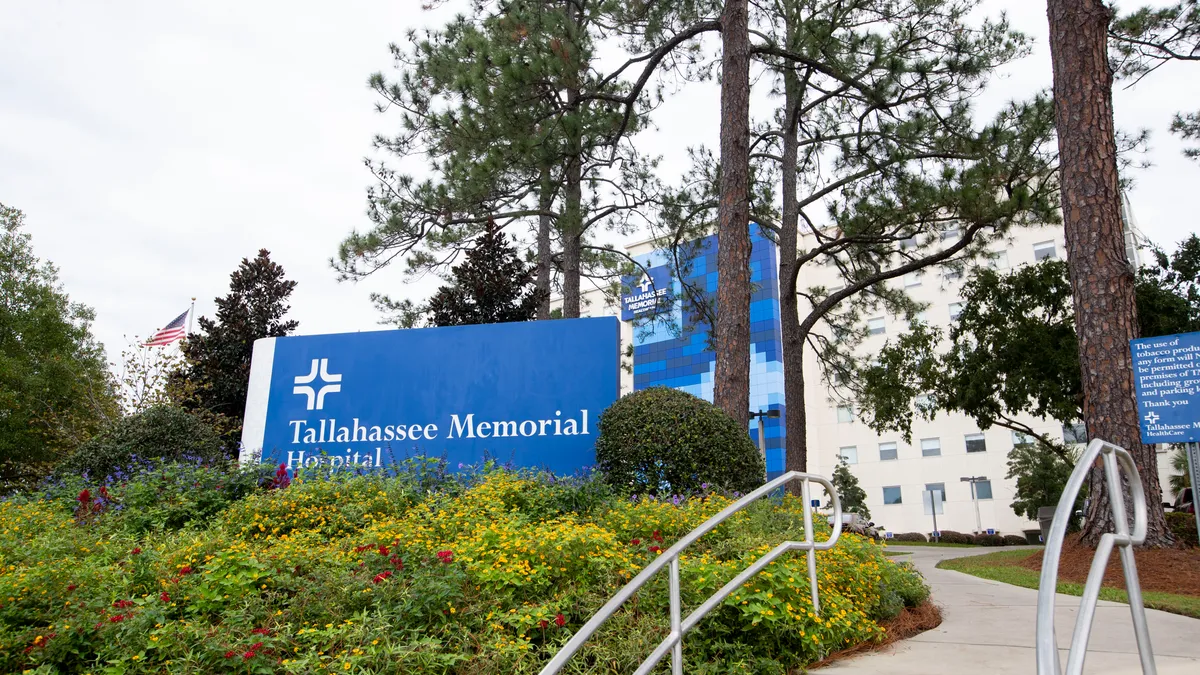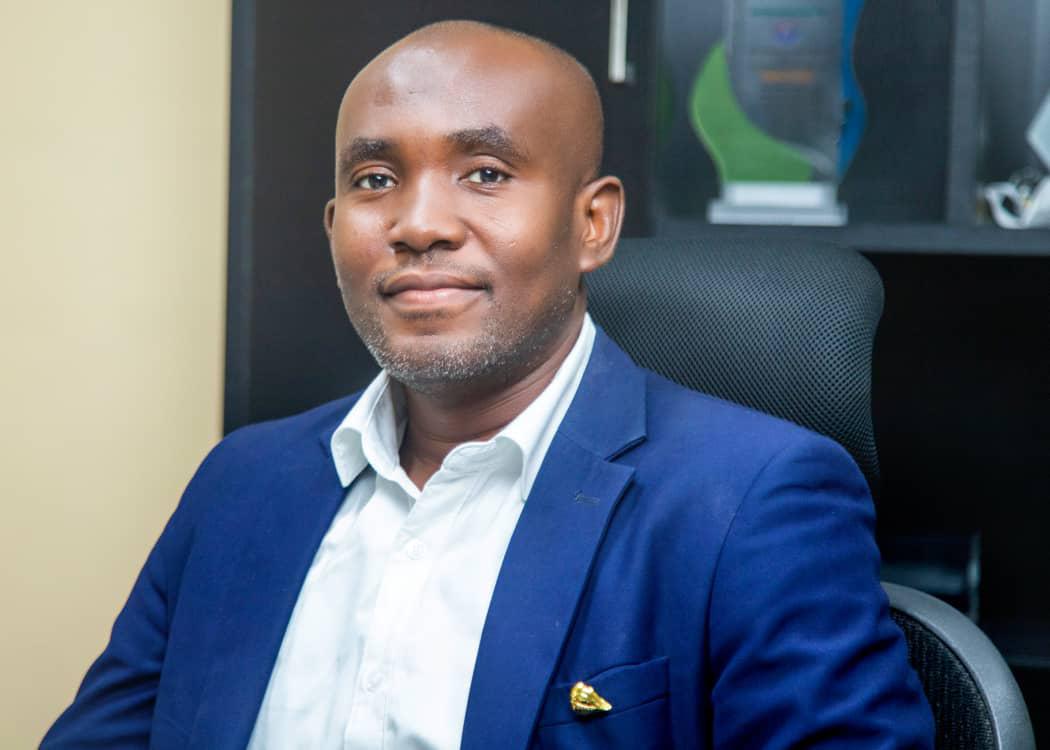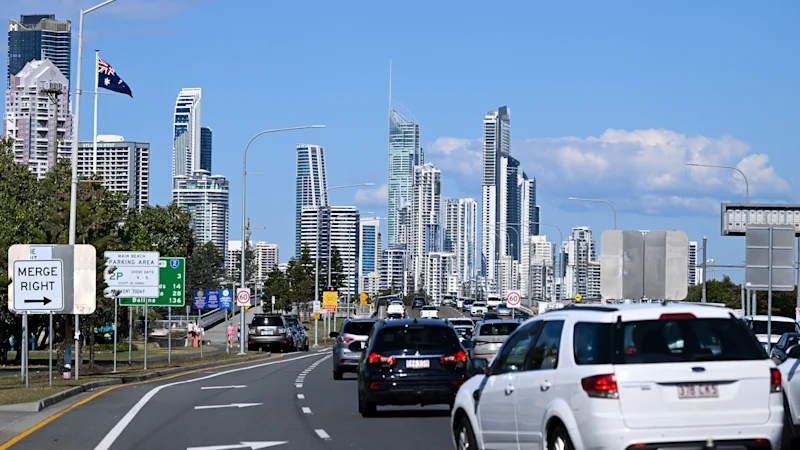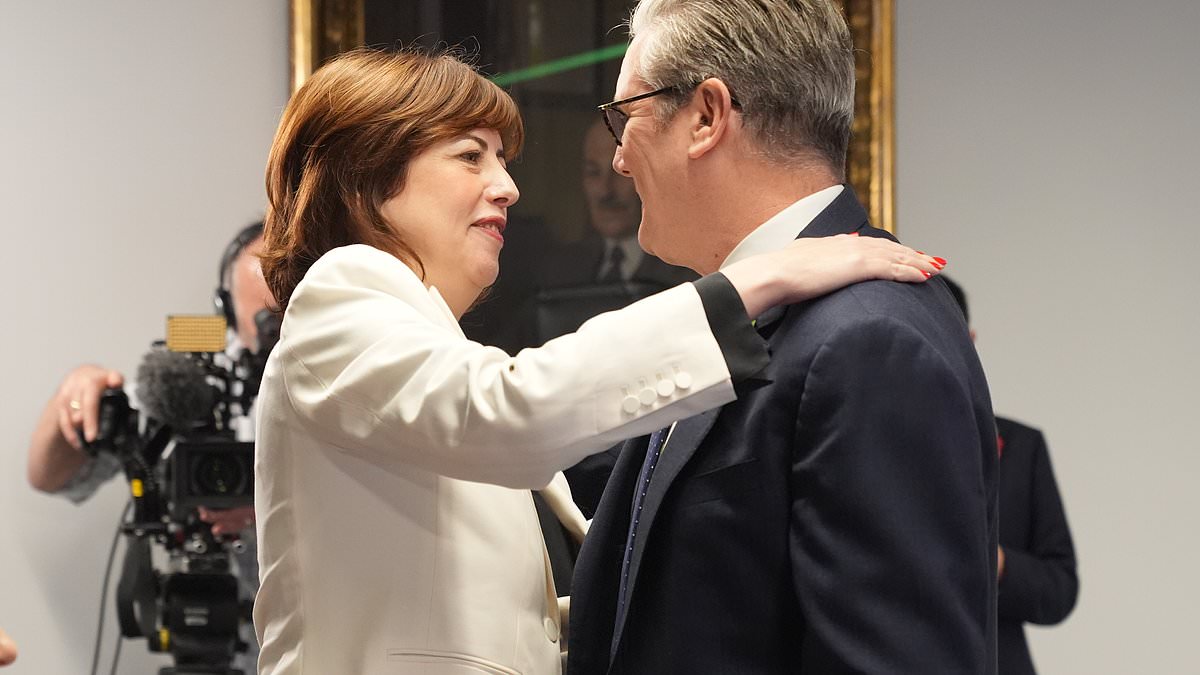Copyright Tallahassee Democrat

A proposed academic health center in Tallahassee requires fair valuation and a transparent process. Proceeds from the potential transfer should be dedicated to an indigent care fund for the uninsured. The author calls for a slower, more public process to allow for community education and input. An academic health center led by Florida State University and Tallahassee Memorial Healthcare could improve care, expand training, and retain local talent. Many of us have prayed, organized, and advocated for a moment like this — especially in the areas of our community where access and outcomes have lagged for too long. However, we must not compromise standards. This decision will affect our community’s health for years, so it requires fair valuation, responsible use of funds, inclusive governance, including FAMU—and a transparent process. First, obtain an impartial valuation You would not sell your family home without appraisal. Neither should the city transfer a billion-dollar community asset on vibes and estimates. Order independent appraisals that account for the campus’s unique restrictions and obligations. Publish the assumptions and the numbers. When the value is clear, the conversation can be honest. Dedicate the proceeds to indigent care If this partnership is truly about serving people, then the first dollars should go to those who too often come last: the uninsured and underinsured. The state’s framework points to an “indigent delivery fund.” Make that more than a line in a memo — make it a promise we can measure. Set a target, set a timeline, and report the results. Healthcare access is not charity; it is justice. Growing up in rural Adel, Ga. in the 1960s meant facing major barriers to healthcare. The nearest clinic was often miles away, and transportation was limited, making it difficult for families to get timely medical attention. Many times, minor illnesses went untreated, and more serious conditions became emergencies before help could be reached. The lack of healthcare professionals and facilities meant that preventive care and health education were scarce, leaving families to rely on home remedies and word-of-mouth advice. Witnessing these struggles firsthand instilled a deep understanding of the importance of accessible healthcare and the impact its absence can have on a community's well-being. Experiencing these challenges inspired a commitment to improving access as director of Bethel Missionary Baptist Church’s Mobile Medical Unit, especially when working in underserved areas today. Fix the governance without pitting neighbors against neighbors As drafted, TMH holds a 9–8 edge on the proposed governing board. That’s too thin. One absence, one vacancy, one change in alignment, and the future of our hospital turns on the flip of a coin. Local stewardship should be steadfast. At the same time, FAMU — our 138-year promise to educate and heal — must be visibly present in the room where decisions are made. That does not mean taking seats away from TMH. It means adding representation for FAMU and for the communities most affected, so this isn’t a zero-sum fight but a bigger table. Governance should reflect who we are as a city: diverse, rooted, and responsible to the people we serve. More: City begins to put a price tag on TMH hospital for FSU sale More: Martha Walters Barnett: Don't settle on TMH sale. This deal can be better. Slow down to give the public a chance to catch up This is a historic decision. Treat it like one. Schedule a serious education period where the city, TMH, and FSU host open sessions, publish a clear summary of the deal. If we are still negotiating, then say so, and prove it by inviting the community into the final mile of that work. Finally, healthcare is a moral responsibility. Good stewardship means more than securing value, it’s about building trust and ensuring a healthier future for everyone. Claudette Harrell is director of Bethel Missionary Baptist Church’s Mobile Medical Unit Ministry. JOIN THE CONVERSATION



